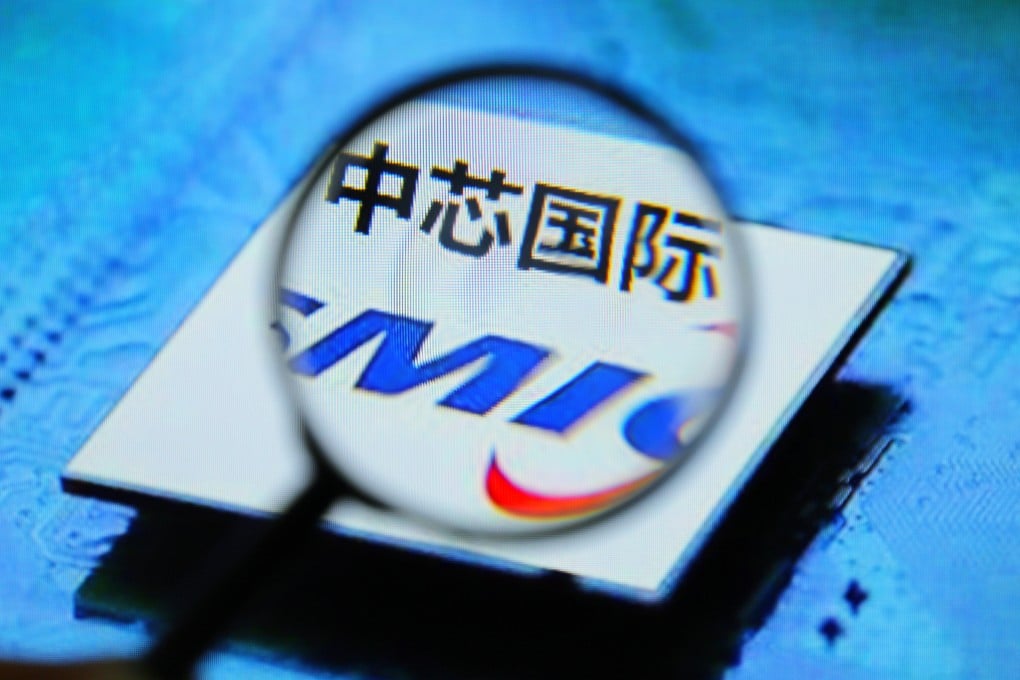Advertisement
China’s chip champion SMIC offers executives US$3.7 million in shares in effort to retain semiconductor talent
- As part of a discounted shares scheme covering a quarter of SMIC employees, two top executives from TSMC and company chairman were each offered 400,000 shares
- SMIC is considered China’s best hope at achieving self-sufficiency in semiconductors, but US sanctions and a talent shortage have made it a difficult goal
Reading Time:2 minutes
Why you can trust SCMP
3

China’s chip champion Semiconductor Manufacturing International Corp (SMIC) has made good on its plans to offer top executives up to 23.6 million yuan (US$3.7 million) worth of shares at a 65 per cent discount as part of a talent retention scheme covering a quarter of the company’s workforce.
Three top executives were each offered 400,000 restricted shares at 20 yuan a piece, according to a regulatory filing in Hong Kong on Friday, putting the discount at about 15.6 million yuan below market value. Co-CEO Liang Mong-song and executive directors Chiang Shang-yi and Zhou Zixue were named as the recipients. Liang and Chiang were both previously executives at industry leader Taiwan Semiconductor Manufacturing Co (TSMC).
The share reward scheme, unveiled in a company filing in May, covers as many as 4,000 employees, about 23 per cent of the company’s headcount. SMIC shares were trading at about 59 yuan in Shanghai on Monday, up from the 55 yuan at the time of the announcement.
Advertisement

“The main target for this stock incentive plan is not executives, but the technical core of the company,” said Zhou, the company‘s chairman, during the annual shareholders meeting held on the same day as the EGM, local media reported. He added that the scheme’s goal is to allow “core engineers to grow with the company”.
Advertisement
The scheme reflects SMIC‘s continued effort to keep and attract top talent in the industry, which has become a national imperative in China amid a protracted tech war with the US. While discounted stocks are available to thousands, the huge rewards going to the top executives shows the importance SMIC places on retaining talent once employed by its rival across the Taiwan Strait, as TSMC remains far ahead in advanced chip manufacturing.
“The high rewards offered to Liang and his stay is an ideal demonstration about the company’s generosity to attract and retain foreign talent, especially from Taiwan,” said Charles Shum, an analyst at Bloomberg Intelligence.
Advertisement
Select Voice
Select Speed
1.00x